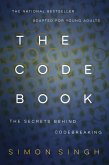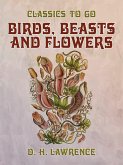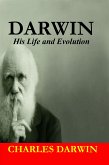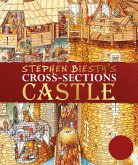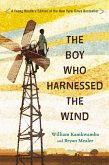The Two Noble Kinsmen by William Shakespeare is a Jacobean tragicomedy, first published in 1634 and attributed jointly to John Fletcher and William Shakespeare. Its plot derives from "The Knight's Tale" in Geoffrey Chaucer's The Canterbury Tales, which had already been dramatised at least twice before. This play is believed to have been William Shakespeare's final play before he retired to Stratford-Upon-Avon and died three years later.
Formerly a point of controversy, the dual attribution is now generally accepted by scholarly consensus.
A prologue informs the audience that the play is based on a story from Chaucer.
Three queens come to plead with Theseus and Hippolyta, rulers of Athens, to avenge the deaths of their husbands by the hand of the tyrant Creon of Thebes. Creon has killed the three kings and refuses to allow them proper burial. Theseus agrees to wage war on Creon.
In Thebes, Palamon and Arcite, cousins and close friends, are bound by duty to fight for Creon, though they are appalled by his tyranny. In a hard-fought battle Palamon and Arcite enact prodigies of courage, but the Thebans are defeated by Theseus. Palamon and Arcite are imprisoned but philosophically resign themselves to their fate. Their stoicism is instantly destroyed when from their prison window they see Princess Emilia, Hippolyta's sister.
Formerly a point of controversy, the dual attribution is now generally accepted by scholarly consensus.
A prologue informs the audience that the play is based on a story from Chaucer.
Three queens come to plead with Theseus and Hippolyta, rulers of Athens, to avenge the deaths of their husbands by the hand of the tyrant Creon of Thebes. Creon has killed the three kings and refuses to allow them proper burial. Theseus agrees to wage war on Creon.
In Thebes, Palamon and Arcite, cousins and close friends, are bound by duty to fight for Creon, though they are appalled by his tyranny. In a hard-fought battle Palamon and Arcite enact prodigies of courage, but the Thebans are defeated by Theseus. Palamon and Arcite are imprisoned but philosophically resign themselves to their fate. Their stoicism is instantly destroyed when from their prison window they see Princess Emilia, Hippolyta's sister.



